
Notable Stoics
The Stoic philosophy has produced several influential philosophers throughout history. Some of the most well-known and popular Stoic philosophers include
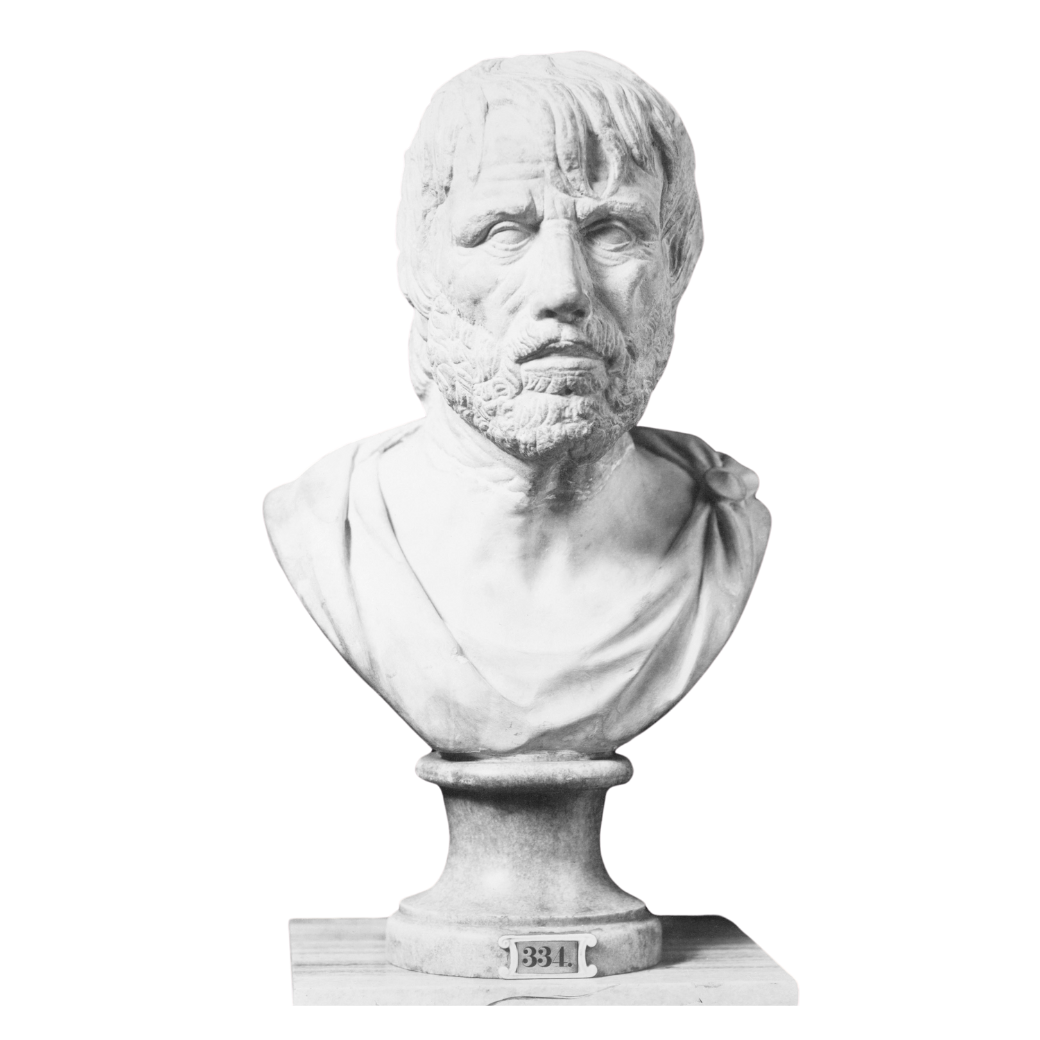
Seneca
One of the most famous and controversial Stoic philosophers, Seneca was born in Spain around 4 BCE and eventually became a Roman Senator. He is known for his writings on Stoicism and his letters to his friend Lucilius.
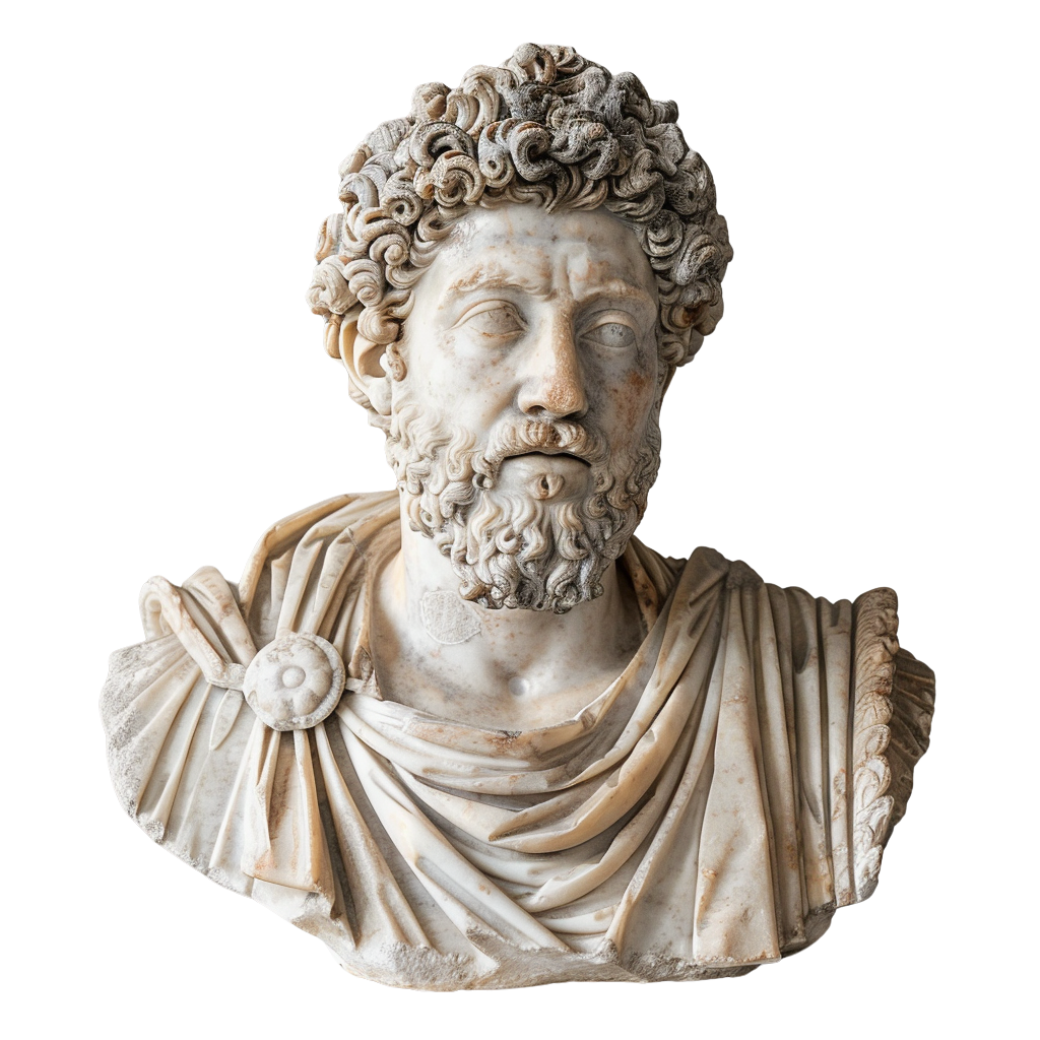
Marcus Aurelius
Born a slave, Epictetus became a prominent Stoic philosopher and lecturer in Rome. His teachings focused on personal ethics and living a virtuous life. He is known for his work “Discourses” and “Enchiridion,” which provide practical advice for living a Stoic life.

Epictetus
Born a slave, Epictetus became a prominent Stoic philosopher and lecturer in Rome. His teachings focused on personal ethics and living a virtuous life. He is known for his work “Discourses” and “Enchiridion,” which provide practical advice for living a Stoic life.
Chrysippus
Considered the second founder of Stoicism, Chrysippus made philosophy more popular with the Romans. He believed that everything in the universe was determined by fate, but human actions could influence events and consequences.
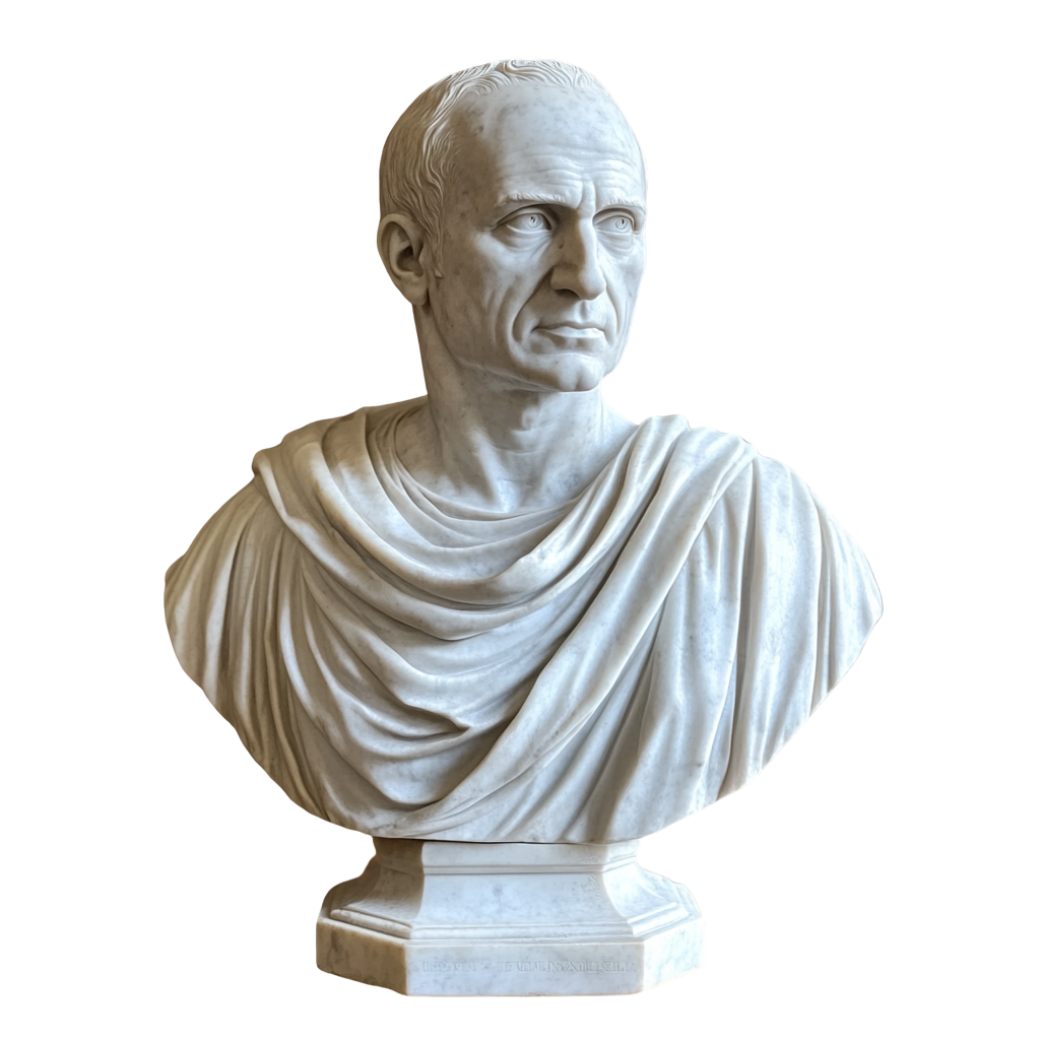
Cicero
Cicero (106–43 BCE) was a Roman statesman, orator, and philosopher who played a crucial role in bringing Greek philosophical ideas, including Stoicism, to Rome. Though he was not strictly a Stoic himself—leaning more toward Academic Skepticism—he deeply admired the Stoics for their emphasis on virtue, reason, and duty. He particularly respected their ideas on natural law, moral integrity, and emotional resilience. In works like De Officiis (On Duties) and Tusculan Disputations, he explored Stoic ethics and often presented their teachings as a model for personal and political conduct.
It is worth noting that these are just a few of the most popular Stoic philosophers, and there were many others who made significant contributions to the philosophy. Other notable Stoic philosophers include Zeno of Citium, Cleanthes, and Musonius Rufus.
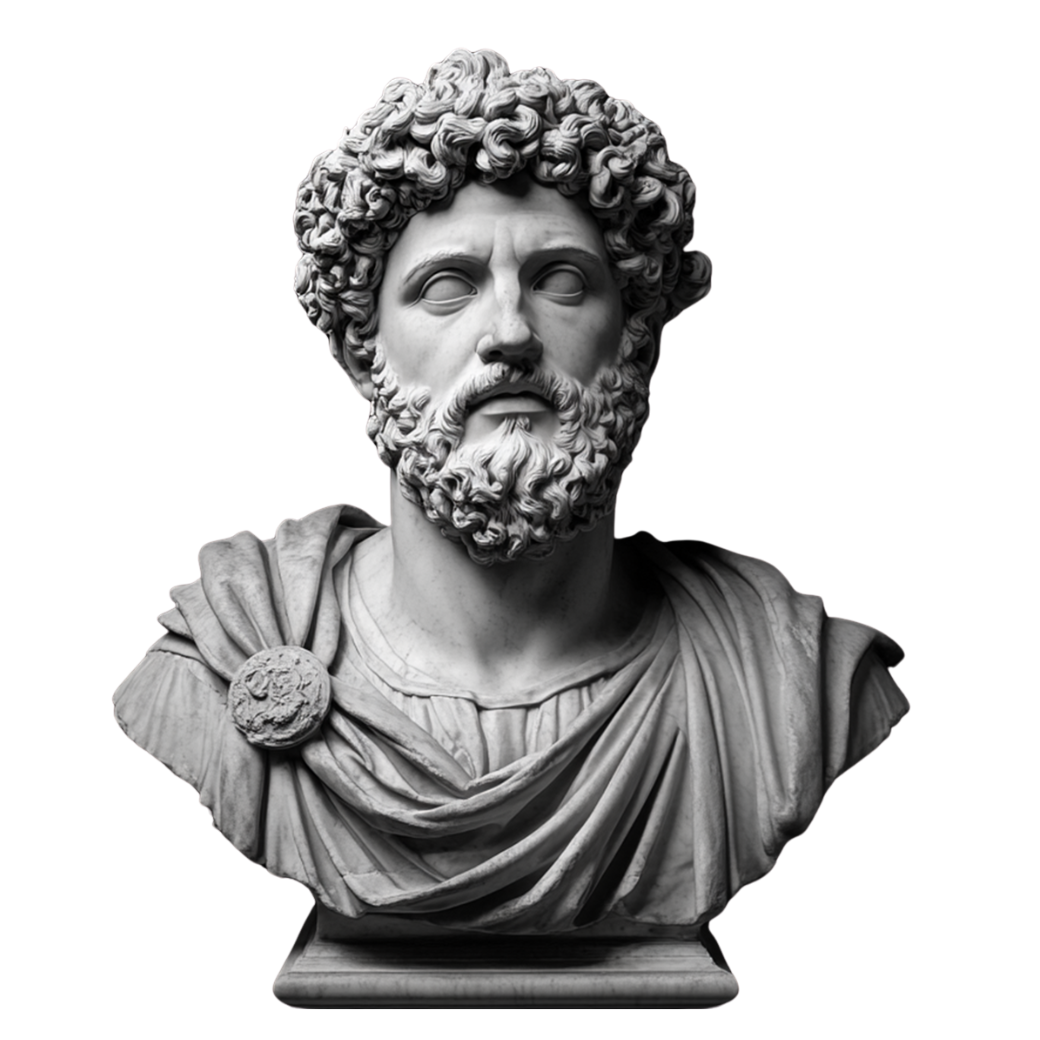
Marcus Aurelius
Marcus Aurelius (121–180 CE) was a Roman emperor and philosopher, best known for his Stoic philosophy, which he recorded in his personal writings, Meditations. He ruled from 161 to 180 CE, a period marked by military conflicts, economic difficulties, and a devastating plague. Despite these challenges, he is often regarded as one of Rome’s greatest emperors, embodying the principles of wisdom, duty, and self-discipline.
Philosophy and Stoicism
Marcus Aurelius is best known for his commitment to Stoicism, a philosophy that emphasizes virtue, reason, and accepting fate without complaint. His Meditations, written as a personal journal, reflects his efforts to cultivate discipline, humility, and inner peace despite the burdens of leadership.
Some core Stoic themes in his writings include:
Control and Acceptance: Focusing only on what is within one’s power and accepting what is not.
Virtue as the Highest Good: Living in accordance with reason and moral integrity.
The Transience of Life: Recognizing the fleeting nature of existence and maintaining perspective.
Universal Brotherhood: Viewing all people as part of a rational, interconnected world.
Early Life and Rise to Power
Born into a wealthy and influential family, Marcus was adopted by Emperor Antoninus Pius, as part of a succession plan set by Emperor Hadrian. He received an extensive education in rhetoric, philosophy, and law, studying under prominent Stoic philosophers like Junius Rusticus. Upon Antoninus Pius’ death in 161 CE, Marcus became emperor alongside his adoptive brother, Lucius Verus, marking the first time Rome had co-emperors.
Legacy
Marcus Aurelius is remembered as the Philosopher-King, embodying the ideal of a ruler guided by wisdom and virtue. His Meditations remains a timeless work, inspiring leaders, scholars, and individuals seeking personal growth through Stoicism. However, his decision to name his son Commodus as successor proved disastrous, as Commodus’ reign led to Rome’s decline.
Ultimately, Marcus Aurelius represents the ideal of a leader who sought to rule with wisdom and moral strength, applying Stoic philosophy in both personal and political life.

Seneca the Younger
Philosopher, Statesman, and Stoic Thinker
Lucius Annaeus Seneca (4 BCE – 65 CE), known as Seneca the Younger, was a Roman statesman, playwright, and Stoic philosopher. He played a major role in shaping Stoicism in the Roman world and left behind influential writings on ethics, resilience, and the art of living well. His life was marked by political ambition, exile, immense wealth, and ultimately, forced suicide under Emperor Nero.
Early Life and Education
Seneca was born in Corduba (modern-day Córdoba, Spain) to a wealthy Roman family. His father, Seneca the Elder, was a famous rhetorician who ensured that his son received an elite education in rhetoric and philosophy. Seneca was sent to Rome to study, where he was exposed to Stoicism through teachers like Attalus and Sotion. This early Stoic training instilled in him the importance of self-discipline, reason, and virtue—principles that would shape his later works.
Legacy
Seneca remains one of the most influential Stoic thinkers, alongside Epictetus and Marcus Aurelius. His works continue to inspire people seeking practical philosophy for resilience, self-mastery, and ethical living. His life, however, is paradoxical—despite preaching simplicity and detachment from wealth, he amassed great riches and held political power. Critics argue that he did not always practice what he preached, but his writings remain a cornerstone of Stoic thought.
Key Stoic Lessons from Seneca:
Time is our most valuable asset—use it wisely.We suffer more in imagination than in reality.
Wealth and power are external distractions; true peace comes from within.
Anger and fear arise from poor judgment; reason is the cure.
Death is natural and should not be feared.

Epictetus
Epictetus (c. 50 – 135 CE) was a Greek Stoic philosopher whose teachings have had a lasting impact on Western thought. Born a slave in Hierapolis, Phrygia (modern-day Turkey), Epictetus rose from humble beginnings to become one of the most respected philosophers of his time. He lived much of his adult life in Rome until he was exiled by the Emperor Domitian, after which he established a philosophical school in Nicopolis, Greece.
What makes Epictetus remarkable is that he wrote none of his teachings down himself. His ideas survive thanks to his student Arrian, who transcribed his lectures into works such as the Discourses and the Enchiridion (also known as the Handbook). These texts remain some of the most accessible and practical guides to Stoic philosophy.
Epictetus believed that philosophy should be a way of life, not just a theoretical discipline. He taught that individuals cannot control external events, only their own responses to them. This core idea—focusing on what is within our power and accepting what is not—sits at the heart of Stoicism.
Core Stoic Teaching
The Dichotomy of Control: Understanding the difference between what we can control (our thoughts, actions, values) and what we cannot (other people, the past, external events).
Living in Accord with Nature: Embracing the natural order of things and living in harmony with reason.
Moral Character Over Material Wealth: Valuing virtue and integrity above all else.
Practical Wisdom: Philosophy isn’t about debate—it’s about how we live day to day.

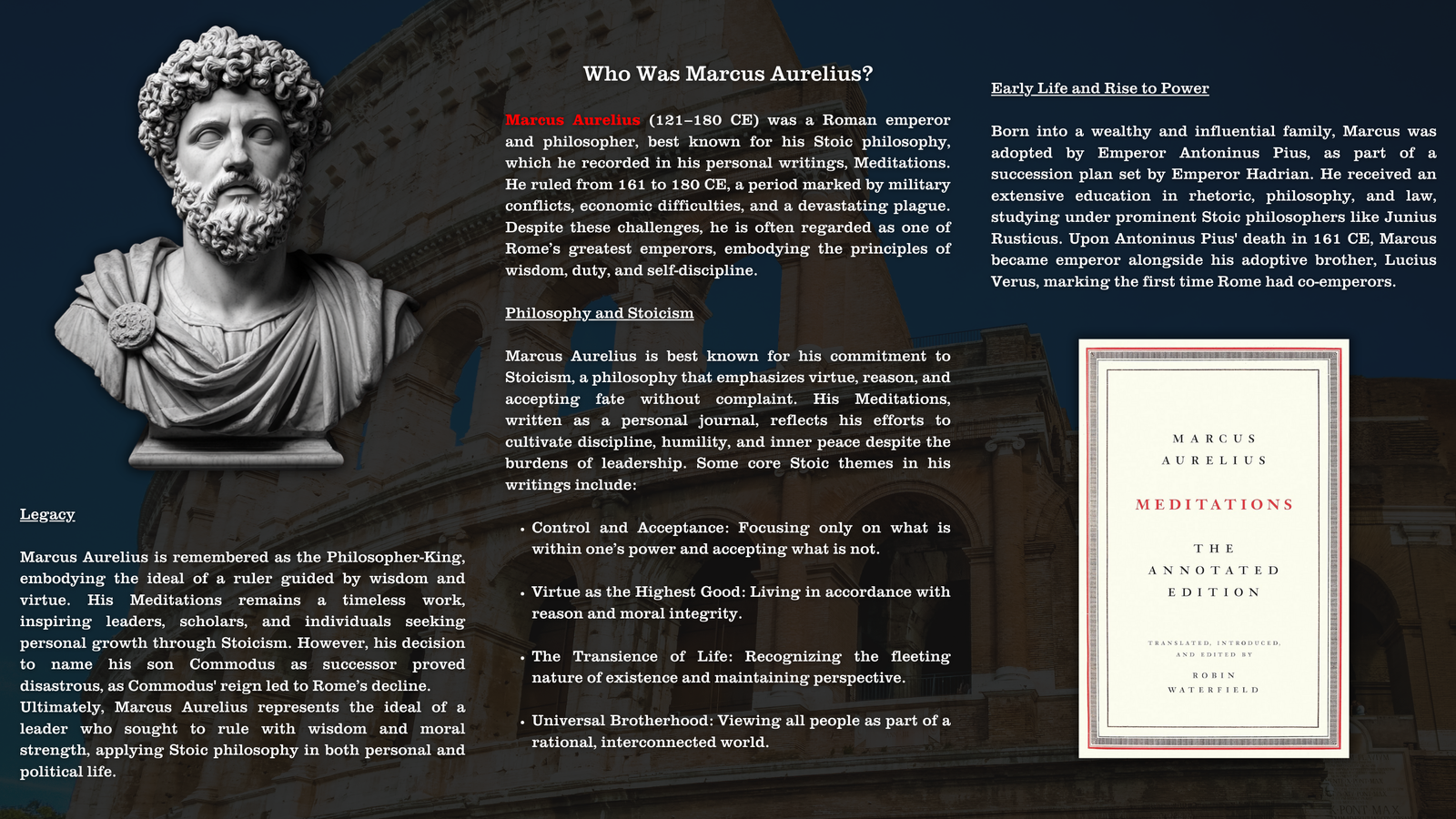
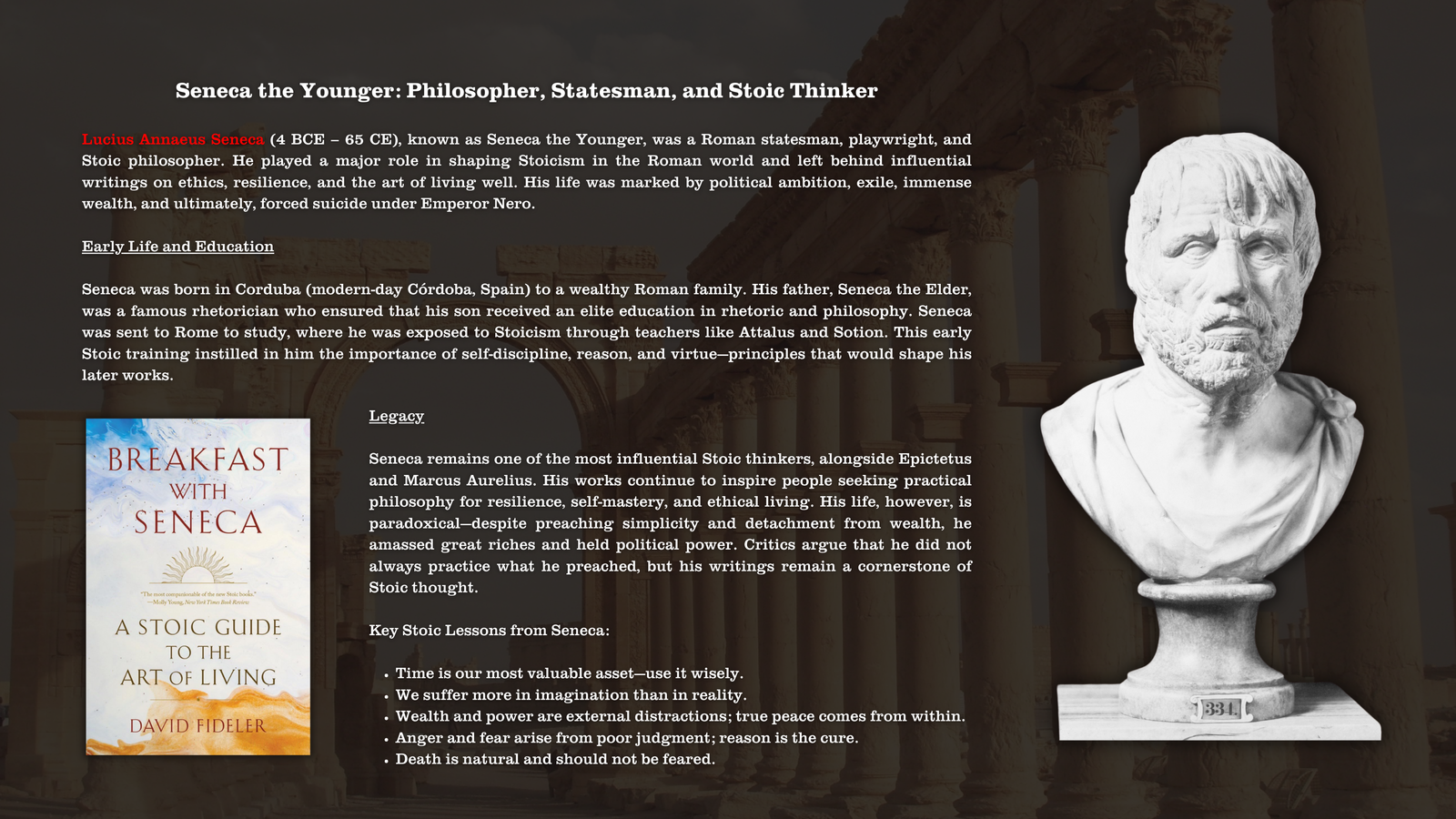
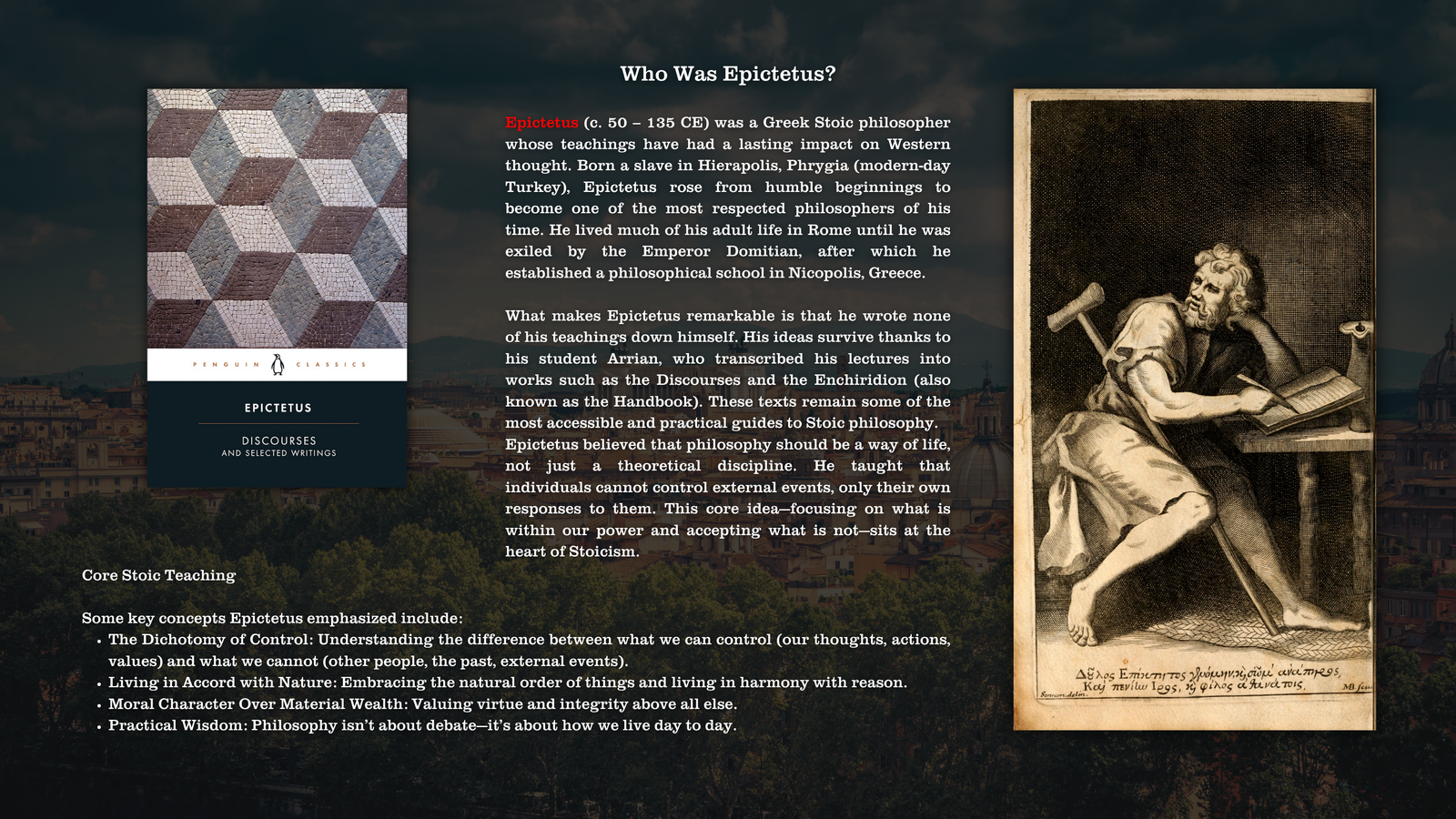
aboutWisdom. Courage. Justice. Temperance.
At Stoic FX, we believe that trading is more than just numbers on a screen — it’s a mindset. Inspired by the ancient philosophy of Stoicism, we’ve built a brokerage that champions discipline, patience, and rational decision-making. Whether you’re a seasoned trader or just starting your journey, Stoic FX is your trusted partner in the dynamic world of forex and CFD trading.
Who We Are
Stoic FX is a globally recognized forex and CFD broker, providing traders access to the world’s largest and most liquid financial markets. Our mission is to empower traders by offering powerful tools, reliable platforms, and a transparent trading environment — all grounded in the timeless principles of Stoic philosophy.
Our Philosophy
- Transparent pricing with no hidden fees
- Multiple account types to suit all strategies
- Dedicated customer support and personal account managers
- Cutting-edge tools and integrations for automated trading
Why Traders Choose Us
At Stoic FX, we don’t chase hype — we embrace clarity and control. Trading isn’t gambling; it’s a strategic pursuit. That’s why we encourage traders to develop a long-term mindset, manage risk intelligently, and cultivate emotional resilience. In volatile markets, the Stoic trader prevails.
What We Offer
- Tight Spreads & Fast Execution
Trade with ultra-fast execution speeds on major forex pairs, indices, commodities, and cryptocurrencies. - Advanced Trading Platforms
Enjoy seamless trading experiences with MetaTrader 4, MetaTrader 5, and our proprietary web and mobile platforms — built for speed, stability, and precision. - MAM & PAMM Account Services
Whether you’re a fund manager looking to handle multiple client accounts or an investor seeking professional management, our Multi-Account Manager (MAM) and Percent Allocation Management Module (PAMM) services provide flexible, efficient solutions. Benefit from professional trading strategies, real-time transparency, and performance-based allocation. - Regulation & Security
Strict regulatory compliance and advanced security protocols protect your funds and personal information. - Education & Insights
Learn to trade like a Stoic. Access free mindset training to sharpen your edge and strengthen your discipline.
Stoic FX is more than a broker — it’s a philosophy of trading. Join a community of traders who value discipline over emotion, process over impulse, and results over noise.
Trade the Stoic Way. Trade with Stoic FX.
Risk Warning: CFDs are complex instruments and come with a high risk of losing money rapidly due to leverage. 51-81.6% of retail investor accounts lose money when trading CFDs with this provider. You should consider whether you understand how CFDs work and whether you can afford to take the high risk of losing your money.
Crave weekly Stoic wisdom? Join our email list for timeless insights